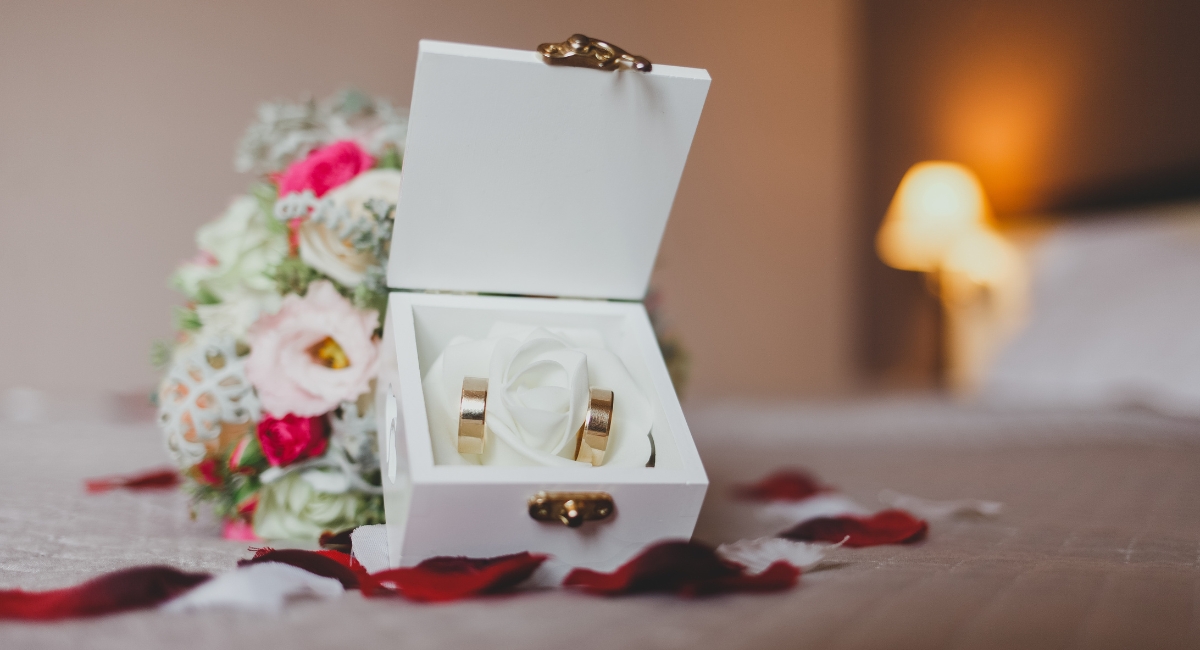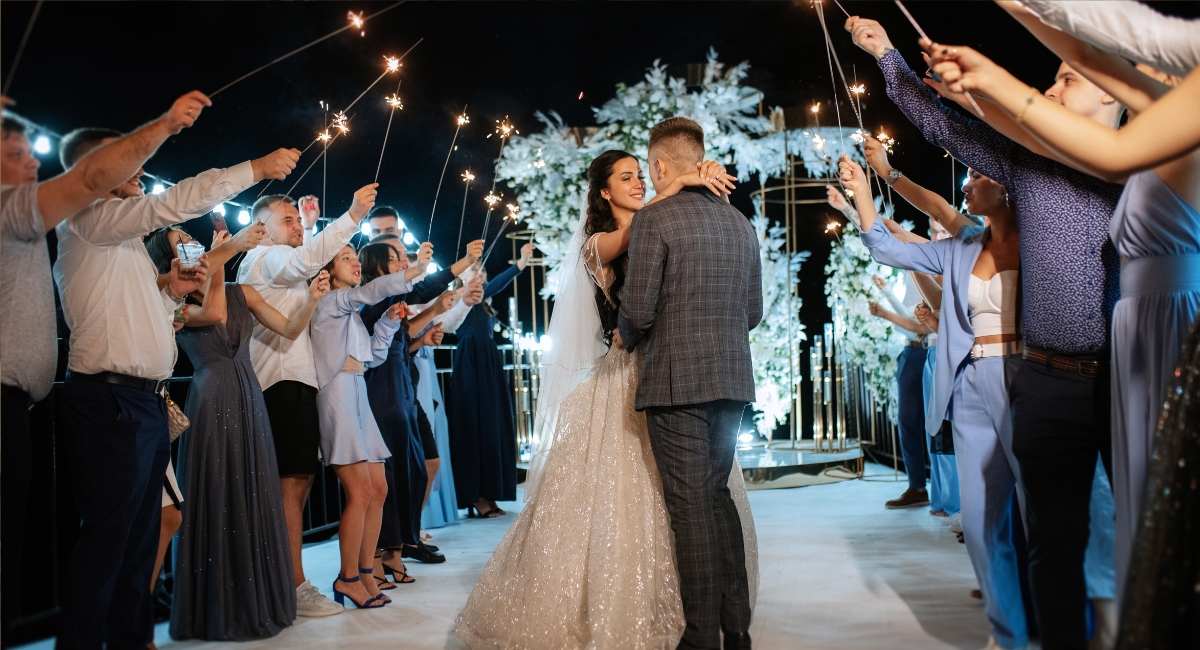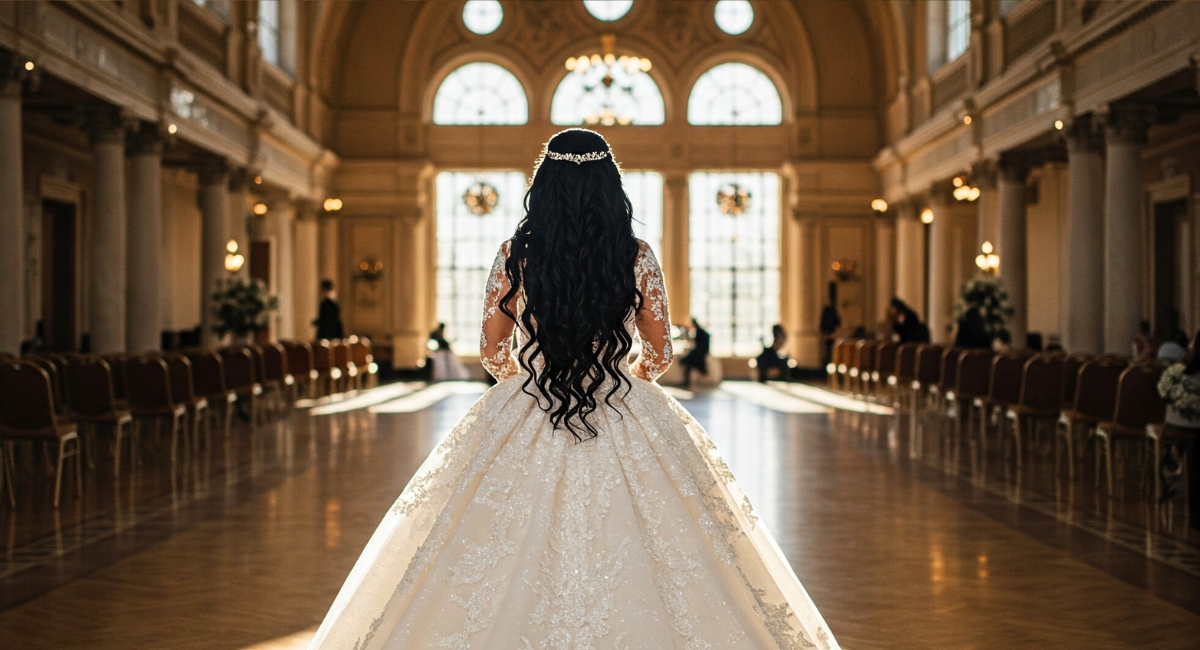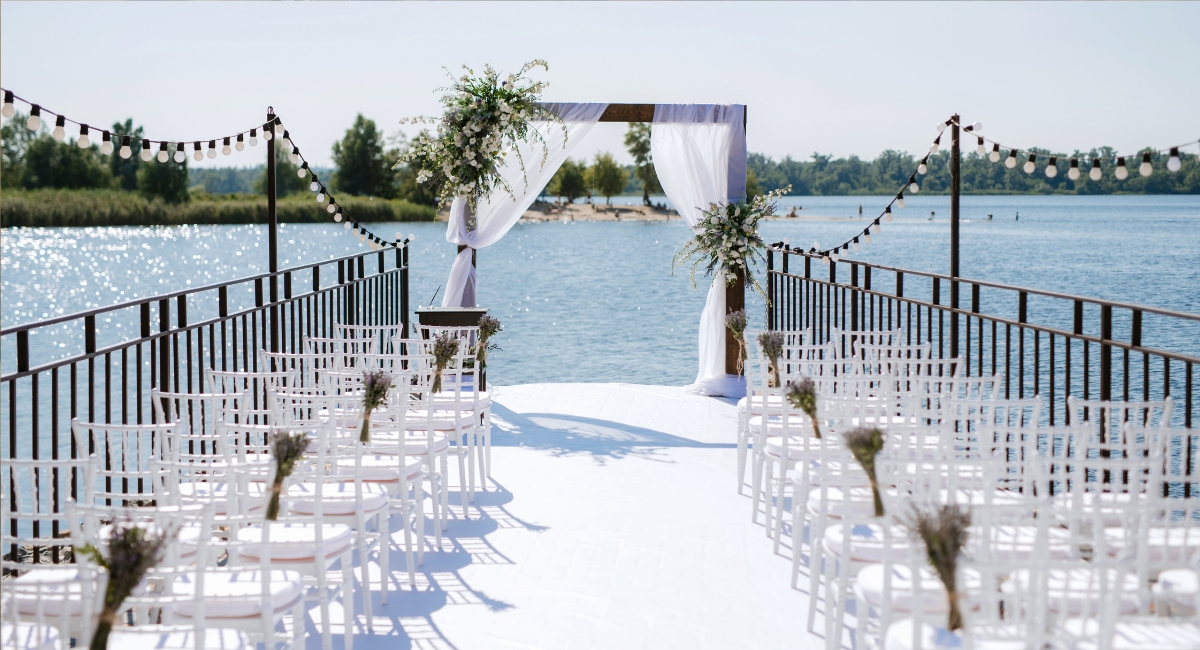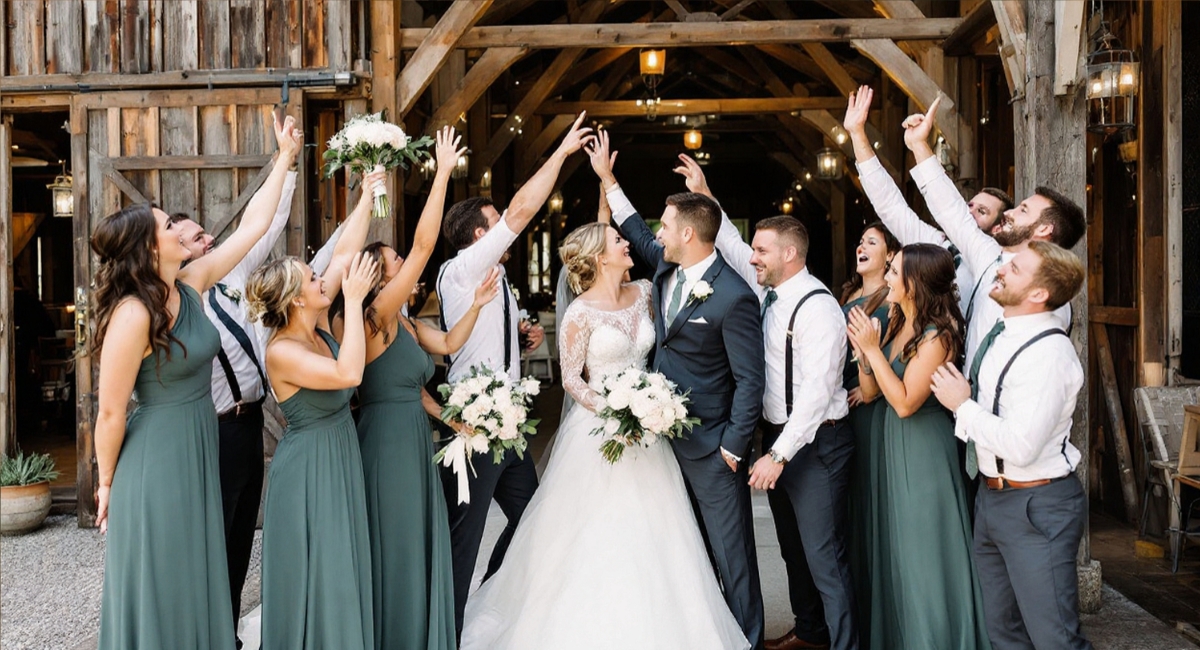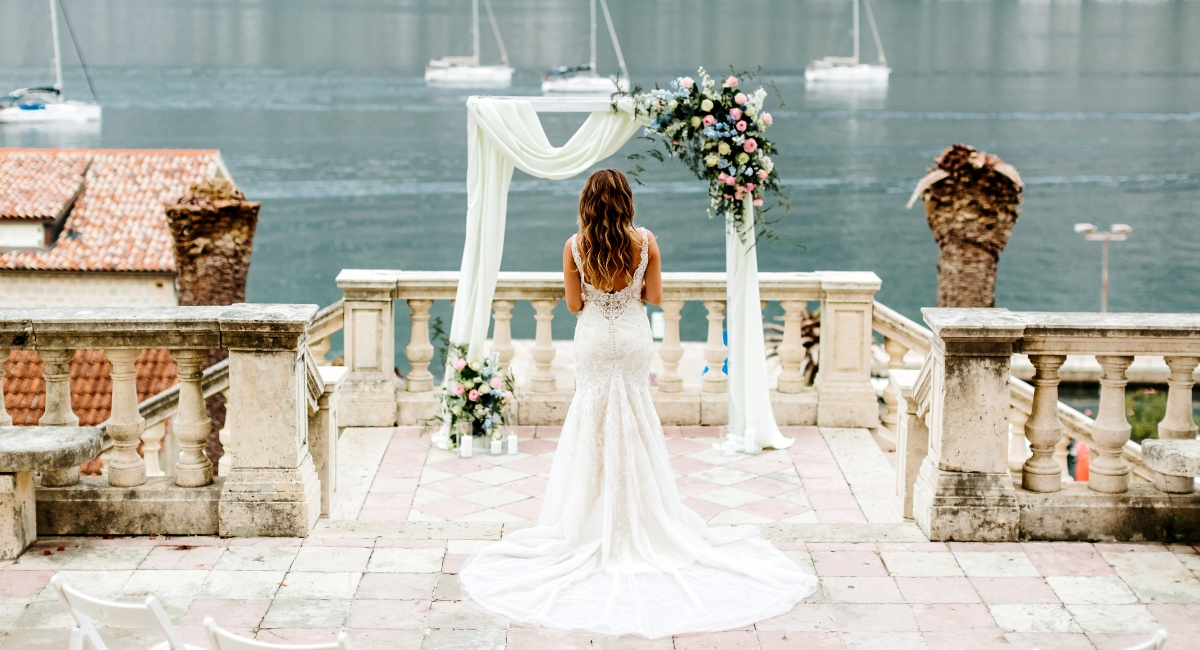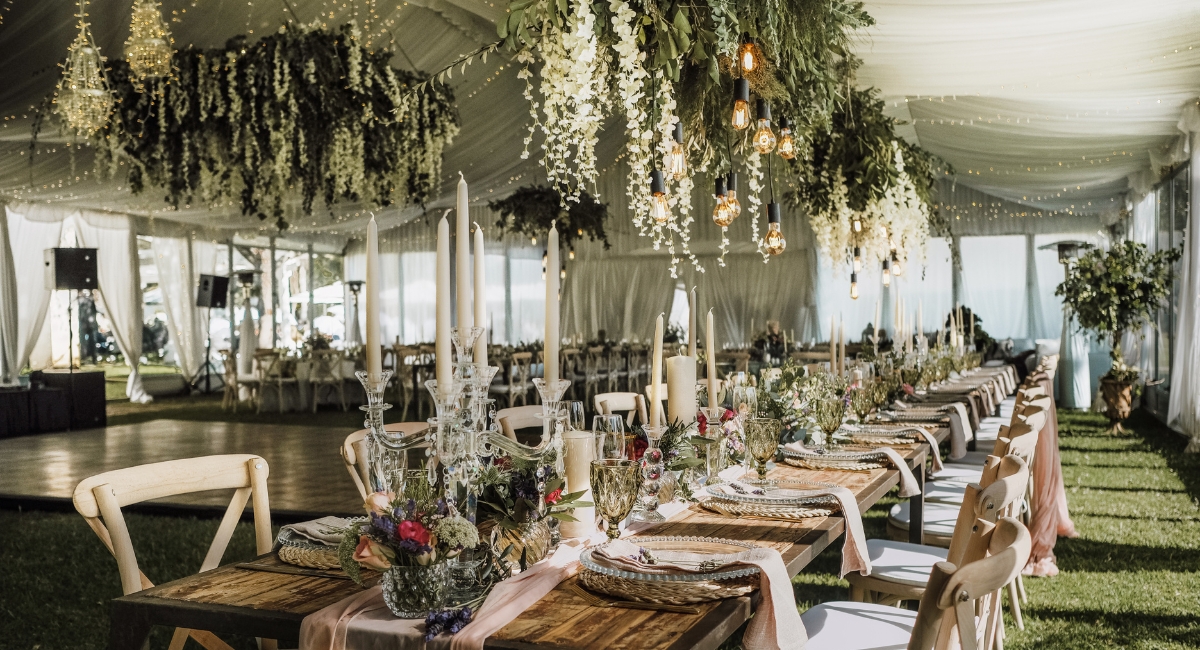Traditional wedding gifts continue to hold a special place in the world of nuptial celebrations. They represent more than just thoughtful gestures—they’re rooted in centuries of symbolism, culture, and meaning. Whether you’re a guest honoring the couple, a close friend seeking something heartfelt, or newlyweds looking to exchange timeless keepsakes, traditional gifts offer a beautiful way to mark the beginning of a shared journey.
In this guide, we explore the origins, classic examples, cultural variations, and modern interpretations of traditional wedding gifts—along with practical tips to help you select something meaningful and memorable.
The Origins and Significance of Traditional Wedding Gifts
Traditions don’t last unless they hold meaning. The concept of giving symbolic gifts at weddings dates back to ancient civilizations. In many cultures, gifts were more than practical—they were symbols of prosperity, commitment, fertility, and unity.
In medieval Europe, for example, wedding gifts often included household items that reflected a new couple’s life together—linen, pottery, or handcrafted wooden goods. These gifts weren’t just useful; they were metaphorical representations of the couple’s hopes and values. As these traditions traveled across regions and evolved over time, they formed the backbone of what we now know as “traditional wedding gifts.”
At their core, these gifts are about blessing the couple with strength, beauty, stability, and love—values that endure across generations and geographies.
Classic Traditional Wedding Gifts and Their Meanings
The most enduring traditional wedding gifts tend to be objects that carry both beauty and symbolism. These classics are still widely gifted today for a reason: they blend elegance with sentiment.
China
- Symbolism: Fragility and grace—reminding us that love should be handled with care and appreciation.
- Gift Ideas: A fine china dinnerware set, personalized teacups, or heirloom-inspired porcelain vases.
Silverware
- Symbolism: Unity and the daily rituals of togetherness—shared meals, special occasions, and family gatherings.
- Gift Ideas: Monogrammed flatware, silver serving trays, or vintage silver spoons wrapped in a keepsake box.
Linens
- Symbolism: Comfort, domestic warmth, and hospitality.
- Gift Ideas: Embroidered bed linens, luxury towels, or a classic quilt with the couple’s initials.
Jewelry
- Symbolism: Everlasting commitment and beauty.
- Gift Ideas: Pearl studs, gold cufflinks, or matching bracelets representing unity and shared identity.
These gifts are more than practical—they quietly honor the relationship’s potential and permanence.
Cultural Variations in Traditional Wedding Gifts
One of the most fascinating aspects of traditional gifting is how it varies across cultures. While the sentiment is universal, the customs differ in form and expression.
Welsh Lovespoons
Originating in 17th-century Wales, these hand-carved wooden spoons were given as a token of romantic intent. The designs are symbolic—hearts for love, wheels for support, and knots for togetherness.
Italian Bomboniere
These are small bundles or boxes containing five sugared almonds, representing five blessings: health, wealth, happiness, fertility, and long life. They’re usually decorated and handed out to guests as favors but can also be gifted to the couple in ornate packaging.
Hausa Lefe (Nigeria)
In Northern Nigeria, the groom presents the bride’s family with a “Lefe”—a collection of luxury gifts including fabric, perfume, jewelry, and cosmetics. It’s a show of respect, generosity, and readiness to provide.
Indian Trousseau
Traditionally, an Indian bride’s family gifts her a trousseau filled with gold jewelry, silk sarees, silverware, and household essentials. These gifts are intended to support the bride’s new beginning and symbolize prosperity.
These cultural customs emphasize how wedding gifts, when grounded in heritage, can tell rich, beautiful stories about love and commitment.
Modern Takes on Traditional Gifts
Today’s couples may appreciate traditional gifts, but many also welcome a fresh take. The key is blending symbolism with personalization and practicality.
Personalized Keepsakes
- Examples: Framed wedding vows on handmade paper, custom name signs, monogrammed glassware.
- Why it works: Adds intimacy to classic items, turning them into lifelong mementos.
Experiential Gifts
- Examples: Cooking classes, wine tastings, weekend getaways, spa experiences.
- Why it works: Helps couples create new memories together rather than accumulate more “stuff.”
Heirloom-Inspired Jewelry
- Examples: Antique-style pendants, lockets with room for wedding photos, vintage-cut engagement ring replicas.
- Why it works: Brings the beauty of the past into the present in a wearable, meaningful way.
These modern options retain the essence of tradition while meeting the preferences of couples living in today’s world.
Tips for Selecting the Perfect Traditional Wedding Gift
Choosing the right gift isn’t just about tradition—it’s about thoughtfulness. Here’s how to approach it:
1. Know the Couple’s Style
If they lean minimalist, a full china set may go unused. But a simple ceramic bowl with symbolic engraving? That could be a hit. Think about their tastes, lifestyle, and even their home décor when choosing.
2. Blend Old with New
There’s no rule that says traditional has to mean old-fashioned. For example, silverware can be paired with a handwritten note explaining its symbolism. Linens can be paired with a night in at a cozy bed and breakfast.
3. Focus on Personalization
Adding names, initials, wedding dates, or a short note makes even the most classic item feel custom-made. A monogrammed linen set or engraved locket becomes a keepsake.
4. Respect Cultural Values
If the couple is from a culture with strong gifting traditions, take time to learn what’s appropriate—and what’s not. A culturally aware gift reflects respect and genuine care.
5. Don’t Stress the Budget
A beautiful gift doesn’t have to break the bank. A handwritten letter framed with a dried flower from the ceremony can be more meaningful than an expensive kitchen appliance. It’s the sentiment that matters most.
A Tradition Worth Keeping
Traditional wedding gifts aren’t stuck in the past—they’re timeless because they honor the heart of what a marriage is: unity, hope, and shared commitment. Whether it’s a set of silver spoons passed down through generations or a hand-carved keepsake that speaks to a couple’s journey, the best gifts carry stories, emotions, and intentions. When thoughtfully chosen, they become part of the couple’s new life together.
And when exchanged or displayed in settings that echo elegance and tradition—like Lumen Hall in Coeur d’Alene—these gifts gain even deeper resonance. In celebrating the couple’s future, we also honor the rituals that have carried love across centuries. So, as you choose your gift, remember: tradition isn’t about doing what’s old, it’s about preserving what still matters.

